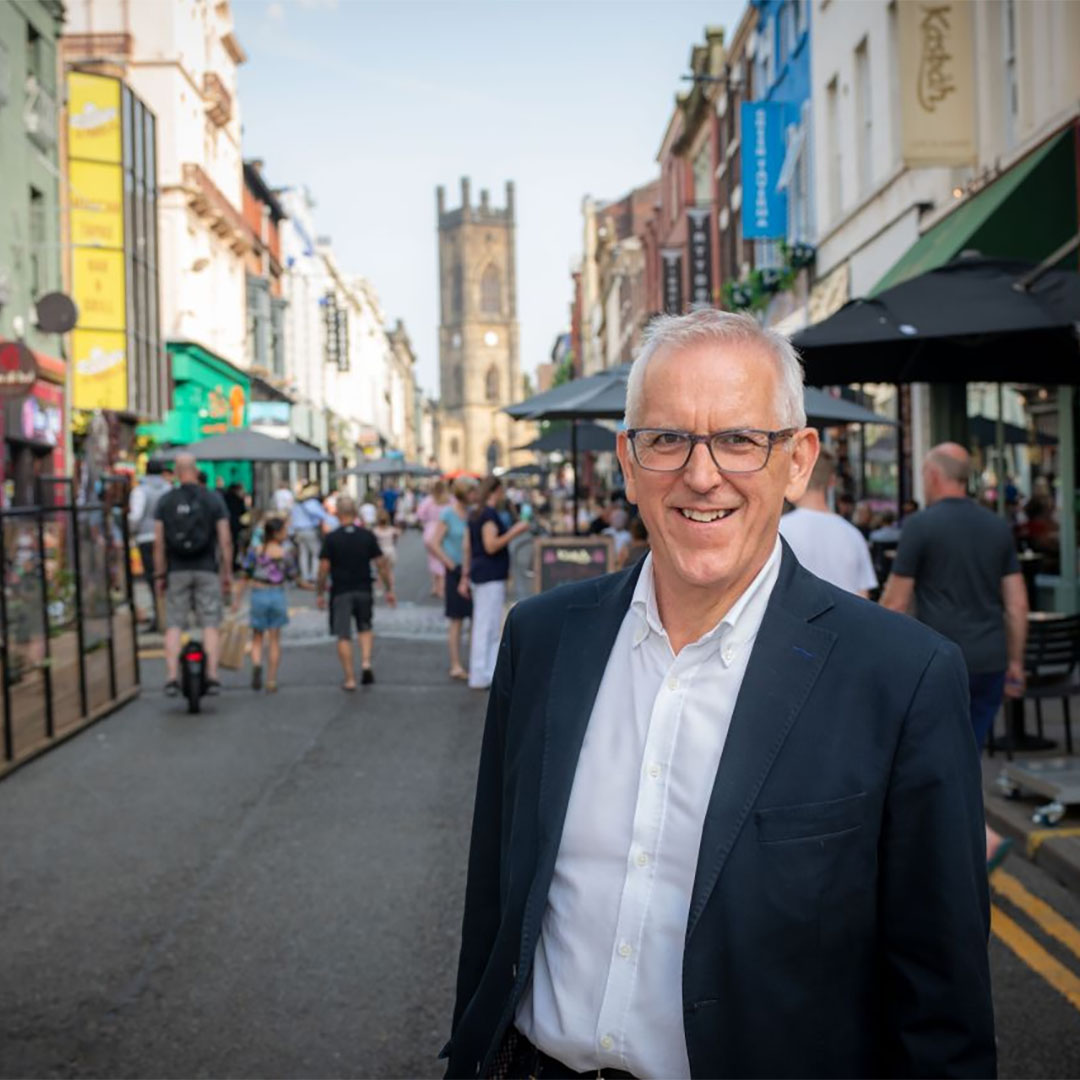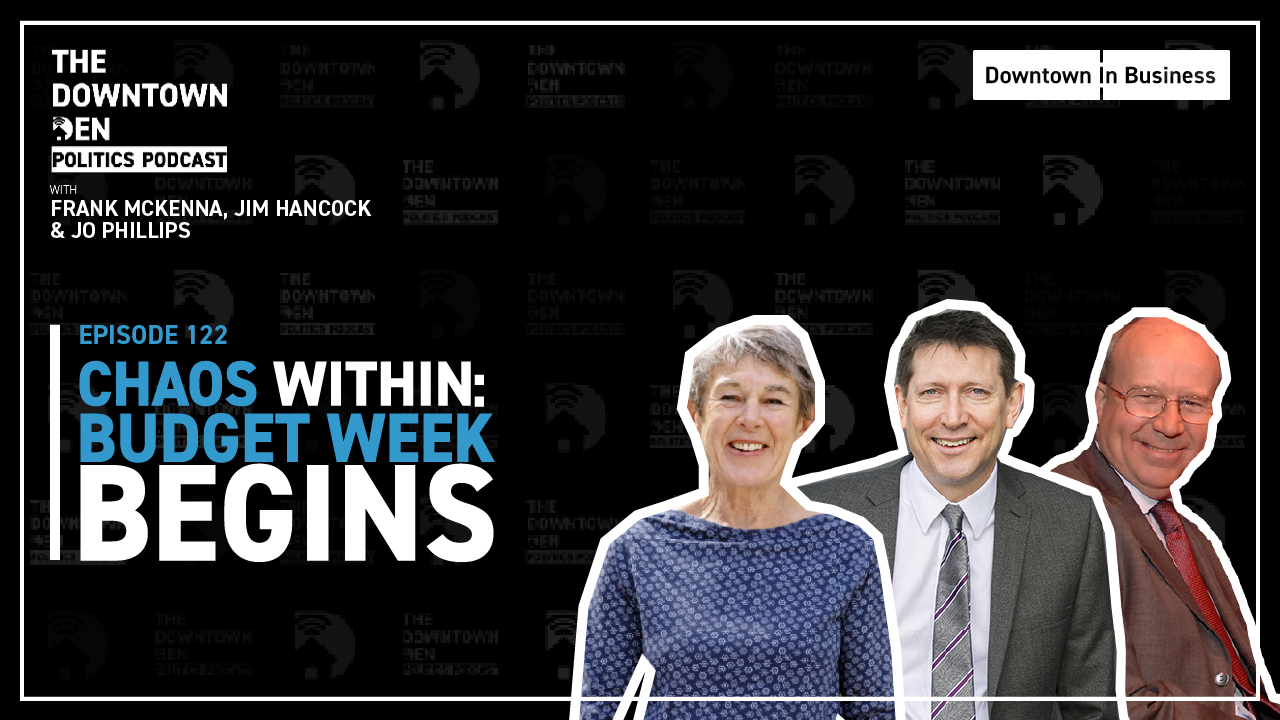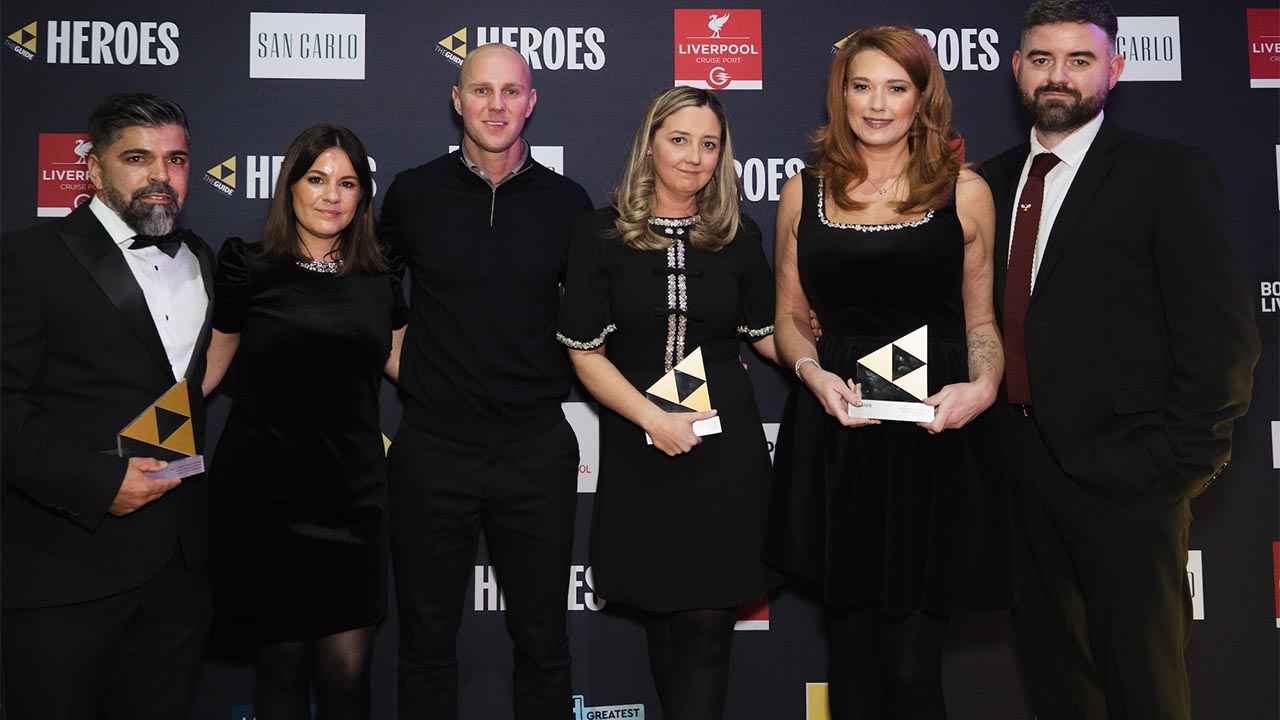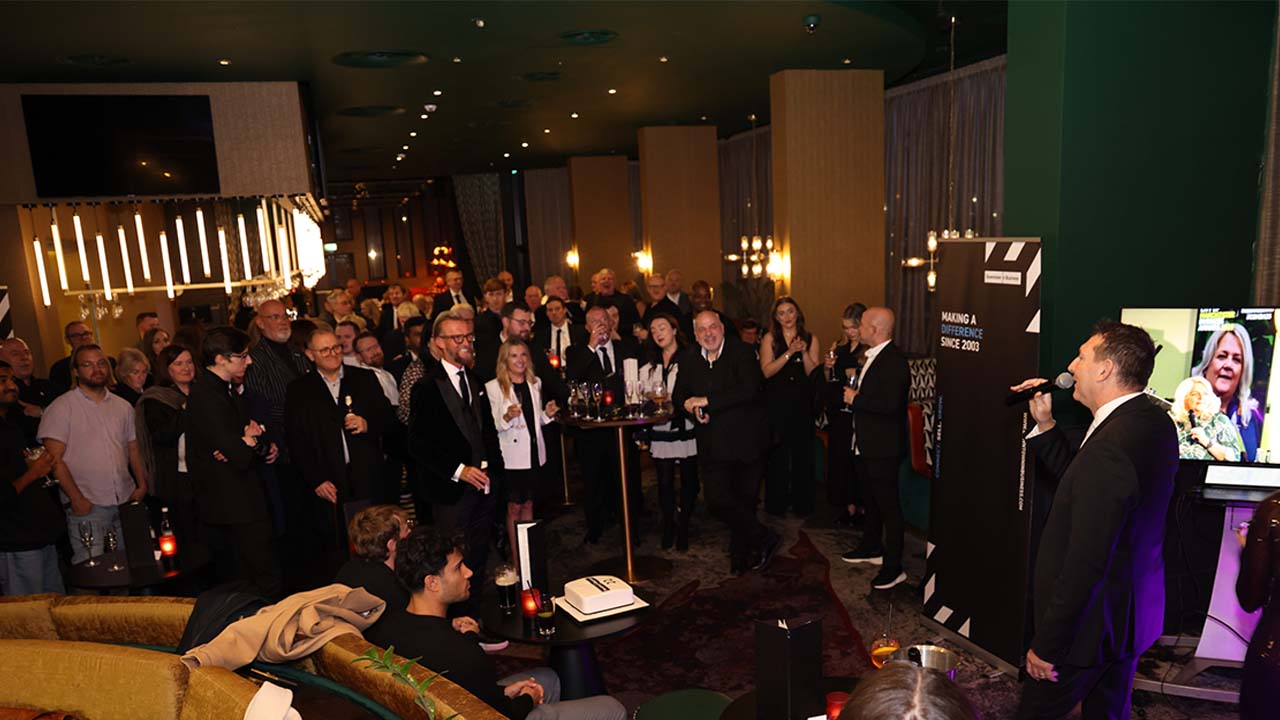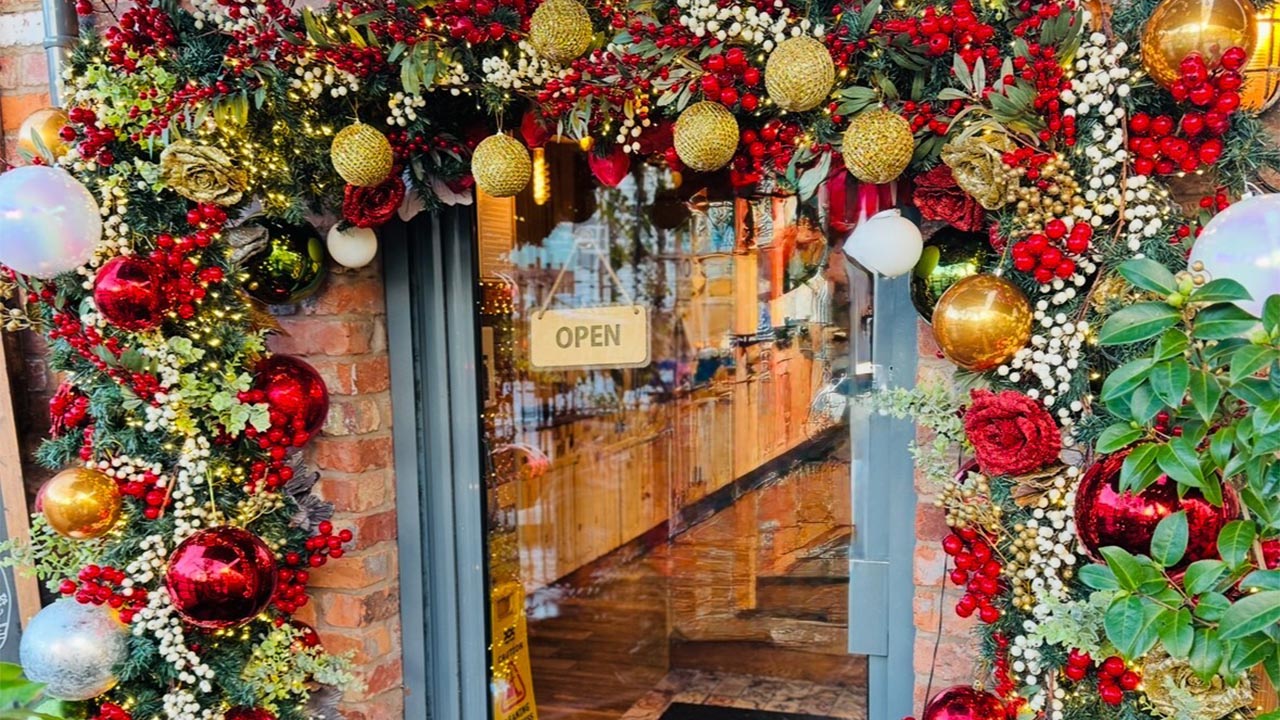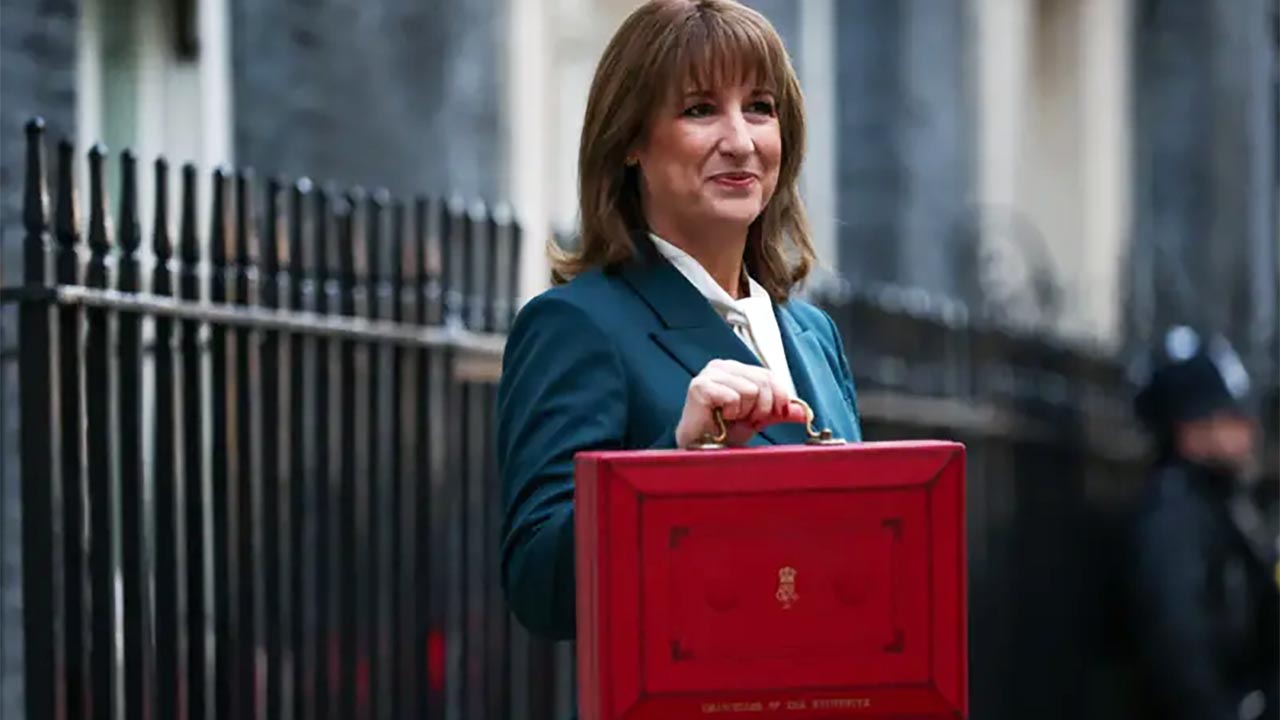Liverpool city centre’s weekly footfall exceeded 2019 levels for the first time in a “normal” week, without a school holiday, or holiday to account for the increase. In the week 7-13 March, 1,314,115 people travelled in and out of the city centre, that was up 0.4% on 2019 levels.
Liverpool BID Company has been monitoring footfall levels in the city centre retail areas since March 2020 as an indication of people returning to the city centre, and also as a broad tool of economic confidence and resilience.
The last week before the UK’s first lockdown was announced, 9-15 March 2020, saw 1,266, 662 people travel into the city centre. By the following week when the stay at home order was announced that plummeted to 782,209.
Coincidentally coming at the two year anniversary since that first lockdown, in 2022, 7-13 March saw footfall up 5.8% week on week and up from the 2019 figure. The October half term in 2021 saw footfall exceed its 2019 comparison figure, but last week is the first time without a key event to account for the traffic.
In the same seven days, Liverpool has fared well compared to the North of England, up 4.1% week on week, and is up 4.9% week on week in comparison with the rest of the UK in Week 10 of the year.
In February, footfall was up 16.3% compared with January. Glasgow, Bristol, London and Leicester were the cities with the most visitors to Liverpool, closely followed by Newcastle, Stockport, Nottingham and Coventry. Emerging cities that saw a rise in visitors to Liverpool included Edinburgh, Middlesbrough, Swansea, Cardiff and Northampton.
Bill Addy is CEO of Liverpool BID Company, “The pandemic is not over, and we know that footfall data doesn’t necessarily translate into economic spending, but this is a positive sign. Liverpool has proved to be resilient over the past two years and it is because the city centre is a pull for everyone. The strength of the city is in its mixed-use offer, from culture to shopping, hospitality and nightlife. The storm isn’t over quite yet and we still have rebuilding to do, but this data shows we are going in the right direction”.

